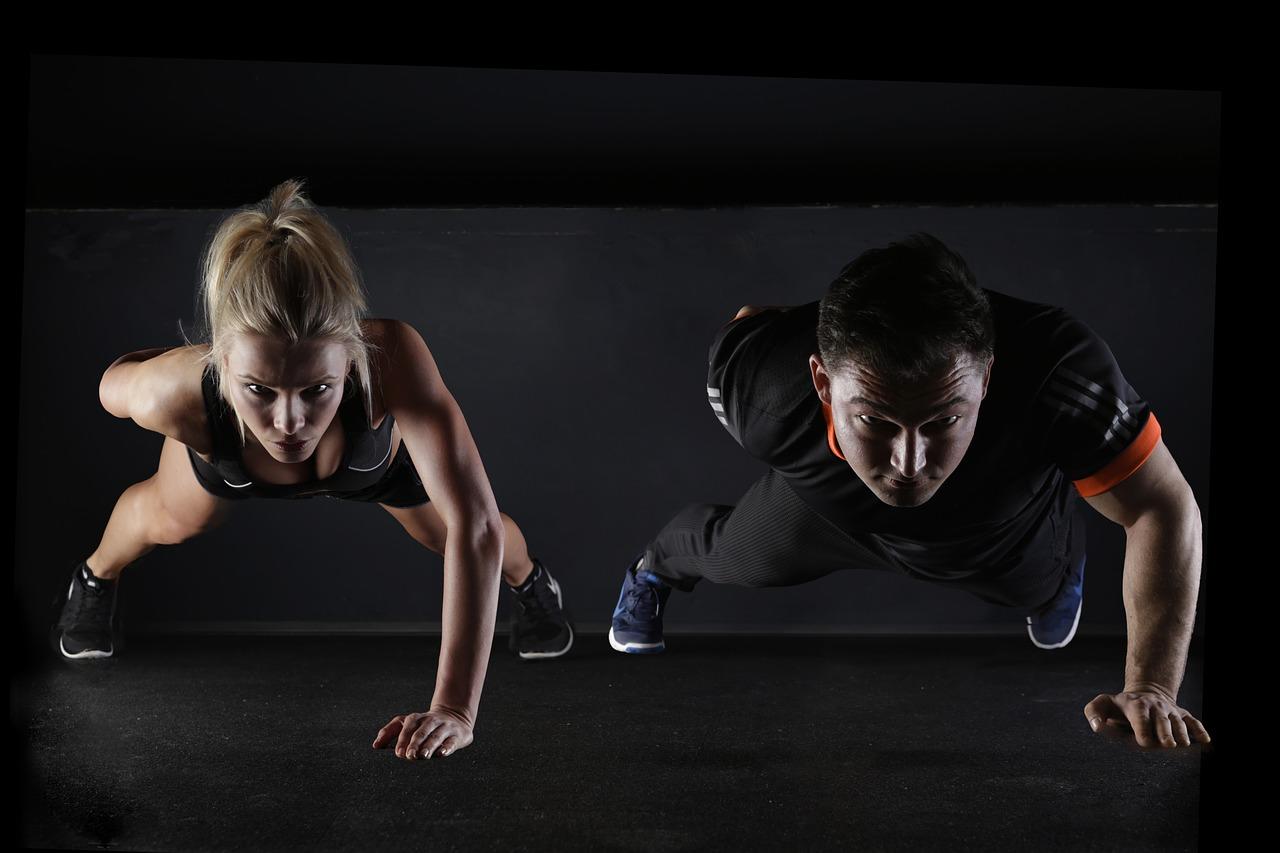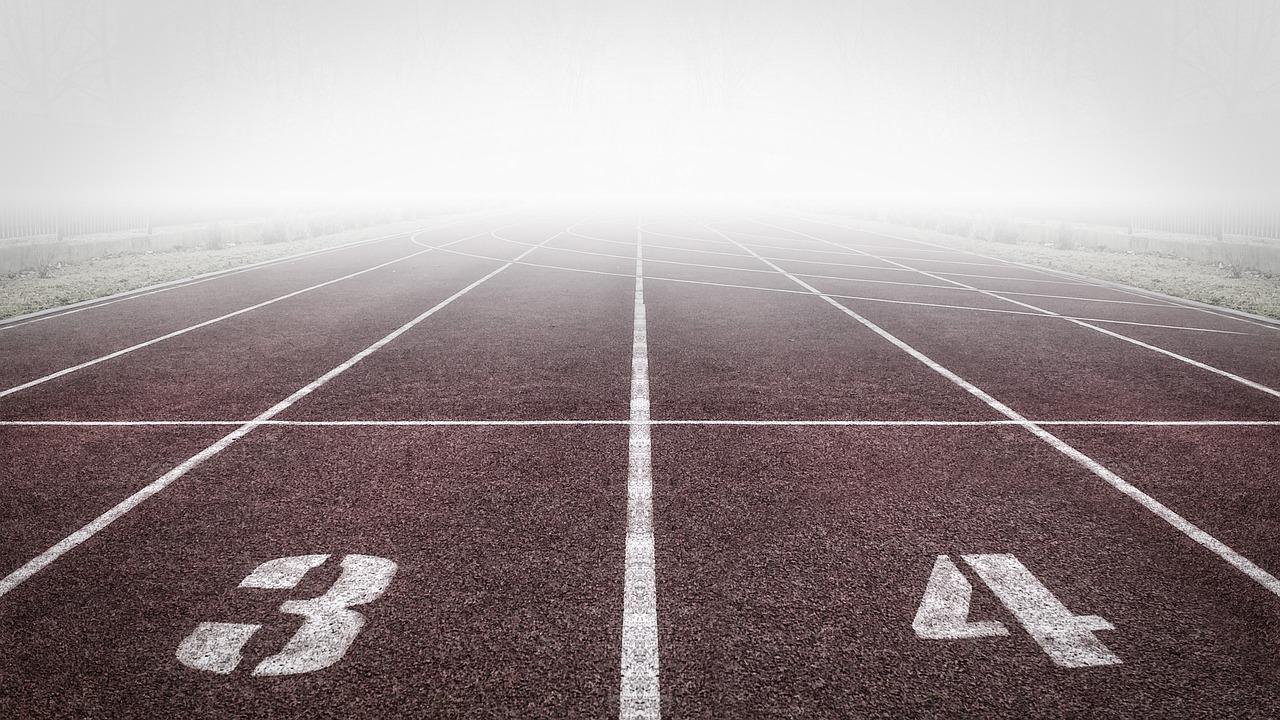
What is physical well-being actually?
Terminology like physical well-being and physical and mental health are thrown around a lot in discussion in 2023, as collectively we as a society have come ever more to realise that the most important step towards mental contentment and happiness is taken through the realm of the physical. Simply put, exercising and physical activity releases endorphins in the brain, which are the chemicals that make us feel happier and more relaxed. Physical well-being essentially amounts to all facets of how we work this into our lives and overall well-being. How we find and take time to exercise, how we eat in order to maintain energy levels and get the most out of our day, and how we prevent our lives from becoming overwhelmed through work is all physical well-being.
Why should I care about my physical well-being?
The most important reason to worry about the state of your physical well-being is that no matter how much we all think we know ourselves and we know what makes us happy, physical activity and health will without fail improve your mental health. We are always told this from a young age, and while it’s very easy in society to completely blank this out and spend your time focused solely on work, and then spend your free time outside of this solely on relaxing and recovering, ultimately this is the easy way out, that will more often than not hold back your mental health.
Of course, it’s very difficult to find the motivation to get up and go for a run after a hard day’s work, or to drag yourself to the gym on your lunch break. Unfortunately, this is ultimately what makes it even more important, as the reward (so to speak) for doing exercise is the endorphins it provides you with, which will make you want to do more, but sitting down and working a run-of-the-mill office job will have the opposite effect. However, without putting a special focus on maintaining your physical well-being, it’s this exact nature of society that will more likely than not hold you back from being the happiest version of yourself.
What research is there about physical well-being?
It’s very easy to look at all of this and simply brush it off as anecdotal. Sure, your parents told you all that to get you to go and play sports, or the obnoxious guy in your office told you how much better he always feels for running a 10k every weekend, but in reality there’s nothing concrete, it’s just what makes some people happy, right? This is actually not the case, as there is a lot of research that has been and will continue to be conducted by sports scientists about why keeping fit and well will have a positive impact on your mental health. One such example is the Journal of Physical Activity and Health, a monthly publication of academically sound peer-reviewed articles which does well at giving physical well-being meaning as a concept in much more involved ways. It is compiled from various academic authors and provides a huge range of insights into physical well-being and its implications for society in how society has evolved around it, and all of this while remaining for the most part free to access. Not every article is free to read, but the overwhelming majority of them are completely free to access, and can provide excellent further reading for those wanting to understand more about not only why physical well-being is important to them, but also why it is important to society itself.

What can I do to improve my physical well-being?
Now that we know a little bit about what physical well-being actually is, the most obvious progression question is what can we actually do to improve it? As we know, it’s vitally important to maintaining a good mental state, and in fact it is also shown to directly positively impact all other areas of life, with the endorphins released from exercise also increasing productivity and focus. After all, fundamentally humans are not creatures that were designed for eight-hour working days, five days a week. For almost all of its history, humans have existed in such a manner that their time is spent exerting themselves physically, and only in the last few hundred years has this become no longer the case. Ironically, despite longer hours, this has actually not had the strictly positive effect on productivity that one might expect, as with humans spending less and less time during their working day releasing these endorphins which are required for focus, productivity actually tends to fall.
So, what does this mean in practical terms, then? Essentially, if you want to get the most out of your time both at the desk and away from it, working in some brief periods of exercise is almost mandatory, and a no-brainer. The practise of staying regularly away from work to exert yourself physically may seem like it is completely in opposition to good work productivity, but the reality of it is that if you spend 10% less time working and instead spend that 10% exercising in some way, the other 90% of the time that you spend working will be far more valuable, and the end result is that more work gets done in less time. When you word it like that, it seems almost ridiculous that it isn’t a far more prevalent technique, although of course in reality the self-discipline required to properly execute it is far from trivial. After all, once you stop working to do the exercise to raise your productivity, it can be quite the mental barrier to actually get back to work.
How to knock yourself out physically
While this may seem like a somewhat facetious idea, the concept of completely exhausting yourself physically to allow yourself to focus on other, more mentally strenuous tasks actually makes a lot of sense. For the most part, this is because sitting still means you are not burning up any of the energy that you are taking into your system with food, which means your body and brain will quite naturally want to spend this energy. In general, this manifests itself in being easily distracted, feeling like sitting still becomes more of a challenge, and many other symptoms such as this that make focusing on the task at hand more difficult. Essentially, it’s a problem that arises because you aren’t properly taking care of your physical well-being, and as a result your body complains that it needs exactly that.
That then brings us back to the idea of tiring yourself out, which in a strange way can make you more productive. The most efficient way to do this is through a combination of high intensity cardio exercises, and strength training. The key component here is that through making the exercise that you do high intensity, it expends a lot of the energy that you have accumulated through food in a relatively short period. It tires out the body physically, without needing a long and laboured process, so that if what you need is the mental clarity to focus, you can have it.
Indeed, on another level this clarity of thought often provided by exercise, especially high intensity exercise, can be invaluable. “Brain fog” as it is often referred to can come from a lack of physical activity causing your mind to become twitchy and exhausted relative to your body, and physically exerting yourself is the simplest way to clear it. It is often posited that after exercise is when your brain will produce its best ideas, and much of this comes from this very theory. Giving yourself a clear head, getting rid of your brain fog, all are different forms of the very same effect of making use of the endorphins released through exercise.

Where can I learn more about physical well-being?
Fortunately, in modern times, with the realisation that physical well-being is more important (and indeed more taken for granted) than we ever could have thought before, there is much research and writing being done on the topic. Since it has been ignored for so long by society as a whole due to the fact we lived lifestyles that simply meant it was never a problem, much of the writing done on it is relatively contemporary, which means not only is there much to read, but a lot of it is very approachable. As well as the more scientifically inclined research papers such as were mentioned earlier in the Journal of Physical Activity and Health, there are also some publications more suited for getting a more fundamental understanding of how to approach fixing one’s physical well-being. Fitness magazines and blogs are commonplace all across the internet, addressing all aspects of the subject. Self the Future of Fitness, for example, focuses on bringing concepts of fitness and physical well-being to light through the lens of body positivity, a less traditional approach to the topic, with benefits and drawbacks unto itself. For example, the Self Future of Fitness writing brings to light how things that might seem like an elitist group only for fitness freaks can actually be of great benefit to everyone, regardless of their goals.
More significantly, this idea is what physical well-being is all about. Not everyone wants to go to the gym every day, or run a marathon every weekend, and many more simply don’t have the time. But physical well-being is about much more than that, it’s about incorporating exercise and physical activity into your life in whatever capacity you can, to reap the near endless benefits it provides. No matter your way of life, no matter your goals and ambitions, keeping your physical well-being in mind and looking after it will surely help you grown and flourish in more ways than you can imagine.
Summarise with AI:
















